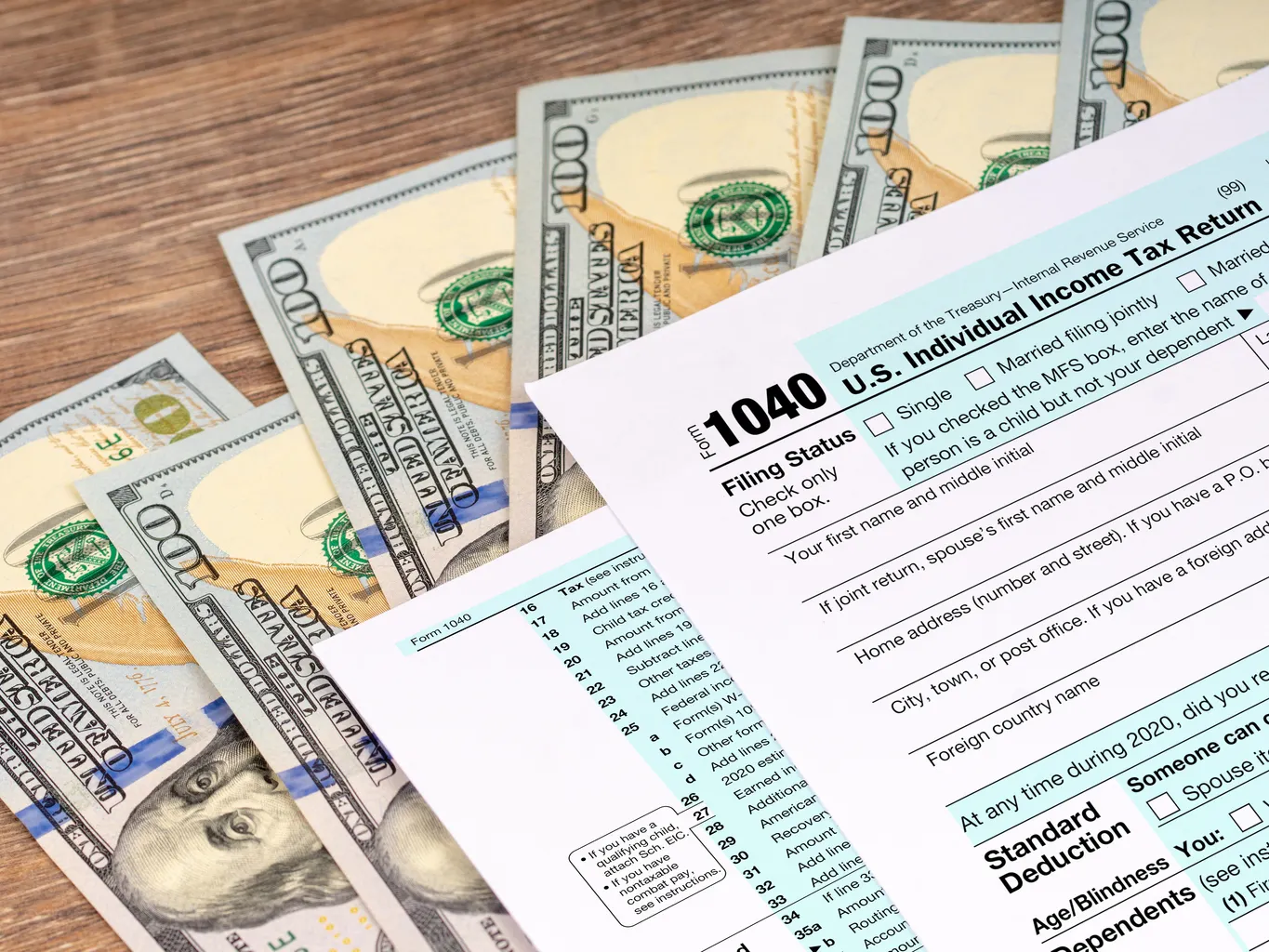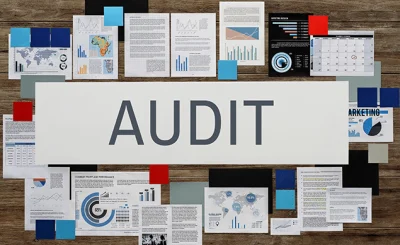Tax-efficient investing is an area many investors neglect when researching their investment opportunities. While they spend hours reading articles and watching investment shows, they often overlook tax efficiency. Following these tips can help you make smarter and more tax-efficient investments. Investing in tax-efficient funds will allow you to maximize your returns and minimize taxes.
Tax-efficient investments
Tax-efficient investments are beneficial for retirees in several ways. For starters, they allow you to keep more of your assets and avoid paying as much in taxes as you would otherwise. Tax-conscious investing is also more beneficial to your financial future because it helps you accumulate and preserve more money for your expenses. Working with a financial advisor or tax professional can help you evaluate different options, as well as identify which ones will provide the best tax benefits for you.
Tax-efficient investments are often simple to understand and use. These investments are generally not reserved for experienced investors; even beginners can benefit from tax relief through investing in UK businesses. There are a variety of tax-efficient investment initiatives available for investors in the UK, so you can learn which strategy will work best for you.
Tax-efficient investments should be used in conjunction with a diversification strategy. The main goal of tax-efficient investing is to minimize the tax burden on your investment income. However, you must remember that tax-efficient investments are not the only investment choices available. Other important considerations include diversification, liquidity, and overall investment goals. Always consult a tax professional before making tax-related decisions.
You may be able to find several opportunities to minimize your tax burden by putting more tax-efficient investments in a retirement account, and housing less active ones in a taxable brokerage account. These less active investments should generate lower capital gains, which will reduce your tax bill. Moreover, it is important to take into account the timing of your withdrawals in retirement. For example, if you have invested in an IRA, you might want to place your assets in a Roth to avoid paying taxes on your withdrawals.
When it comes to tax-efficient investments, it is important to remember that you are still paying taxes on the interest and capital gains you earn. However, you can avoid paying the tax on your investment income if you invest in an ETF or mutual fund that doesn’t pay any taxes. You can also buy ETFs or bonds that hold both stocks and bonds. These are better tax-efficient than actively managed mutual funds. Municipal bonds are particularly tax-efficient. They usually have favorable tax treatment, so they are a great choice for taxable accounts.
In the long run, tax-efficient investments are an excellent option for retirees because they will provide long-term financial security when you leave the workforce. However, you should remember that taxes should not drive your investment decisions – tax rates and rules can change – and they can lower your investment returns and jeopardize your financial goals. So, if you want to avoid paying higher taxes than you have to, make sure to consult with a professional tax advisor before investing.
Taxes can be the largest expense in your investments, and they take a large chunk out of your returns. When you make investments that generate taxable income, tax-efficient investments can help you reduce your tax burden and maximize your bottom line. This is even more true if your tax bracket is higher.
Tax-efficient investing may also benefit your heirs. If you are planning to pass down shares to your children or grandchildren, you might want to consider taxable accounts. This way, the tax due on the shares will be calculated from the cost basis of the shares at the time of your death. That way, your heirs won’t be burdened with unnecessary taxes when they are old.
One of the best tax-efficient investments is private real estate. Private real estate offers several tax benefits, including the ability to defer capital gains, defer taxes, and depreciate. However, most private equity real estate firms do not take advantage of the tax benefits, and instead follow the buy-and-fix strategy.
Another strategy is to use exchange-traded funds, or ETFs, which can reduce your tax burden. These funds provide similar exposure to securities to mutual funds, but are less actively managed and are less likely to trigger taxable capital gains distributions. While ETFs offer tax benefits, they tend to carry a higher price tag.










